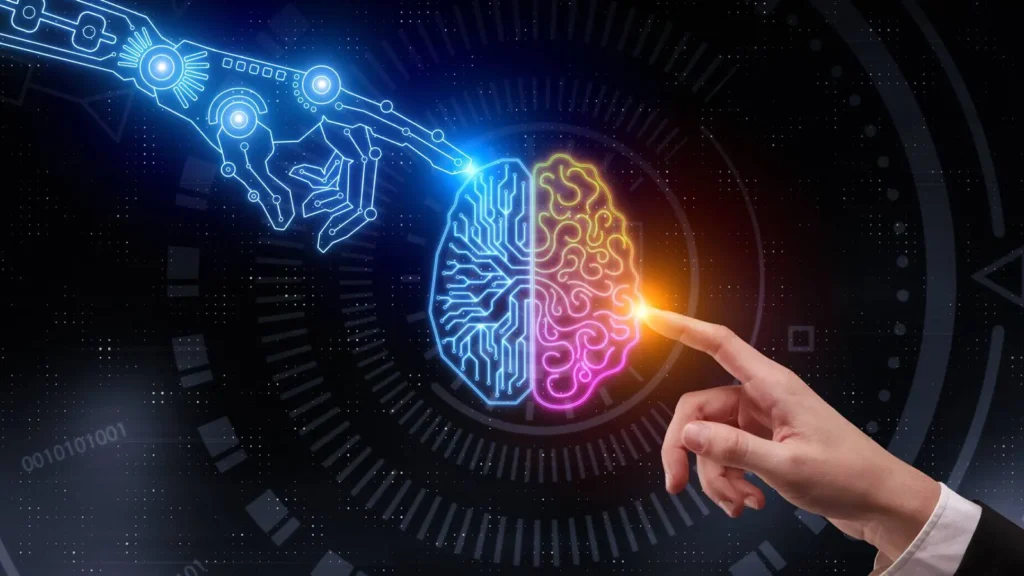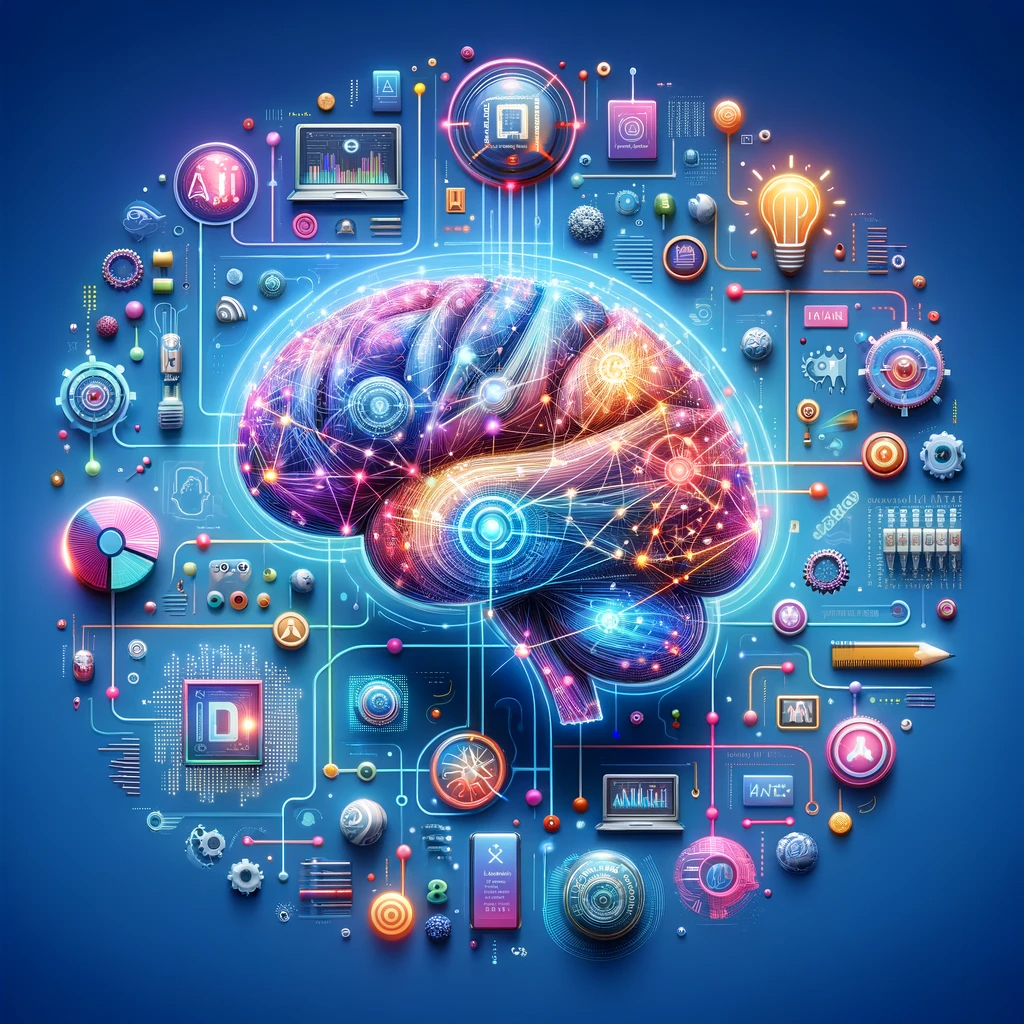Artificial Intelligence (AI) is the simulation of human intelligence in machines that are programmed to think, reason, learn, and act like humans. It is one of the most transformative technologies of the 21st century, with applications across nearly every industry—from healthcare and finance to education, transportation, and entertainment.

History of Artificial Intelligence
1950s: The concept of AI began with British mathematician Alan Turing, who proposed the idea of a machine that could simulate any human intelligence process. His Turing Test became a fundamental concept.
1956: The term Artificial Intelligence was officially coined by John McCarthy at the Dartmouth Conference.
1970s–80s: AI research grew, but limitations in computing power led to the first “AI winter.”
1997: IBM’s Deep Blue defeated world chess champion Garry Kasparov—a landmark in machine learning.
2011–Present: The rise of big data, cloud computing, and deep learning has made AI a core part of modern technology.
Subfields of AI
Artificial Intelligence (AI) encompasses several key subfields. Machine Learning (ML) is a core area where systems learn from data and improve their performance over time without being explicitly programmed. Deep Learning, a subset of ML, uses layered neural networks to model complex patterns in data, simulating human brain-like learning. Natural Language Processing (NLP) focuses on enabling machines to understand, interpret, and respond to human languages, playing a vital role in virtual assistants and translation tools. Computer Vision enables AI to interpret and analyze visual inputs like images and videos, which is essential in areas such as facial recognition and autonomous driving. Robotics combines AI with mechanical engineering to develop robots that can perform tasks autonomously, from manufacturing to surgery. Expert Systems are designed to mimic human expert decision-making by applying a knowledge base of facts and rules, commonly used in medical and technical diagnostics. These subfields work together to create powerful and intelligent systems capable of solving complex real-world problems.

Benefits of AI
Efficiency: Automates repetitive tasks, saving time and effort.
Accuracy: Reduces human error, especially in fields like healthcare and finance.
24/7 Availability: Machines do not require breaks.
Data Analysis: Can process and analyze large datasets rapidly.
Innovation: Fuels new products and services.
Conclusion
Artificial Intelligence holds immense potential to reshape the world. It offers efficiency, innovation, and new solutions to age-old problems. However, to harness AI responsibly, society must address ethical, privacy, and employment-related challenges through thoughtful governance and inclusive dialogue.
